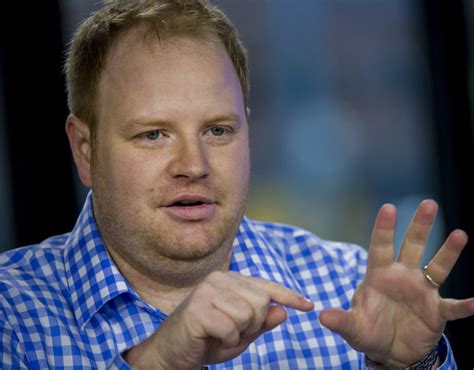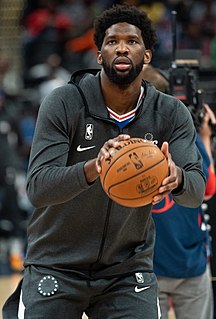A Quote by Dale Jamieson
Philosophers (and probably most intellectuals) are more interested in pursuing what they see as the logical implications of their theories than they are in paying attention to the shlumpy diversity of defensible values that people actually have, and then trying to figure out how these might be negotiated in the life of an agent or community.
Related Quotes
It's a lot easier to figure out how to scale something that doesn't feel like it would scale than it is to figure out what is actually gonna work. You're much better off going after something that will work that doesn't scale, then trying to figure how to scale it up, than you are trying to figure it all out.
Dogs seek attention from you. But by paying them that attention when they want it, you're reinforcing the bad or hyperactive or anxious behavior that you're trying to avoid. Practice - no touch, no talk, no eye contact - and see how you fare. You might be surprised at how quickly the dog settles down and looks to you as his pack leader for direction.
To those who feel that their values are THE values, the less controlled systems necessarily present a spectacle of "chaos," simply because such systems respond to a diversity of values. The more successfully such systems respond to diversity, the more "chaos" there will be, by definition, according to the standards of ANY specific set of values- other than diversity or freedom as values. Looked at another way, the more self-righteous observers there are, the more chaos (and "waste") will be seen.
I had no idea what philosophy was until I went to college at UBC. I first read Hume and Plato, so naturally I was under the misapprehension that philosophers are trying to figure out what is true, and that contemporary philosophers are mainly trying to figure out what is true about the mind. Of course Hume and Plato were trying to do that, hence my misapprehension.
Even mistaken hypotheses and theories are of use in leading to discoveries. This remark is true in all the sciences. The alchemists founded chemistry by pursuing chimerical problems and theories which are false. In physical science, which is more advanced than biology, we might still cite men of science who make great discoveries by relying on false theories.
I was the first records editor at Rolling Stone, and there were no rules. There was nothing to fall back on as to how do you write about this kind of music, so people were trying absolutely everything with a great sense of freedom and experimentation and success and failure, and a feeling of, “My God, people are actually paying attention to this. Let’s pretend they aren’t because we don’t want to be intimidated by what somebody might think of what we’re saying.
The easiest way to figure out who the customer is in an online space is to figure out who is paying for the thing. Usually, the people paying are the customers. So on Facebook, the people paying are marketers. That makes them the customers. And it means we are the product being delivered to those customers.

































